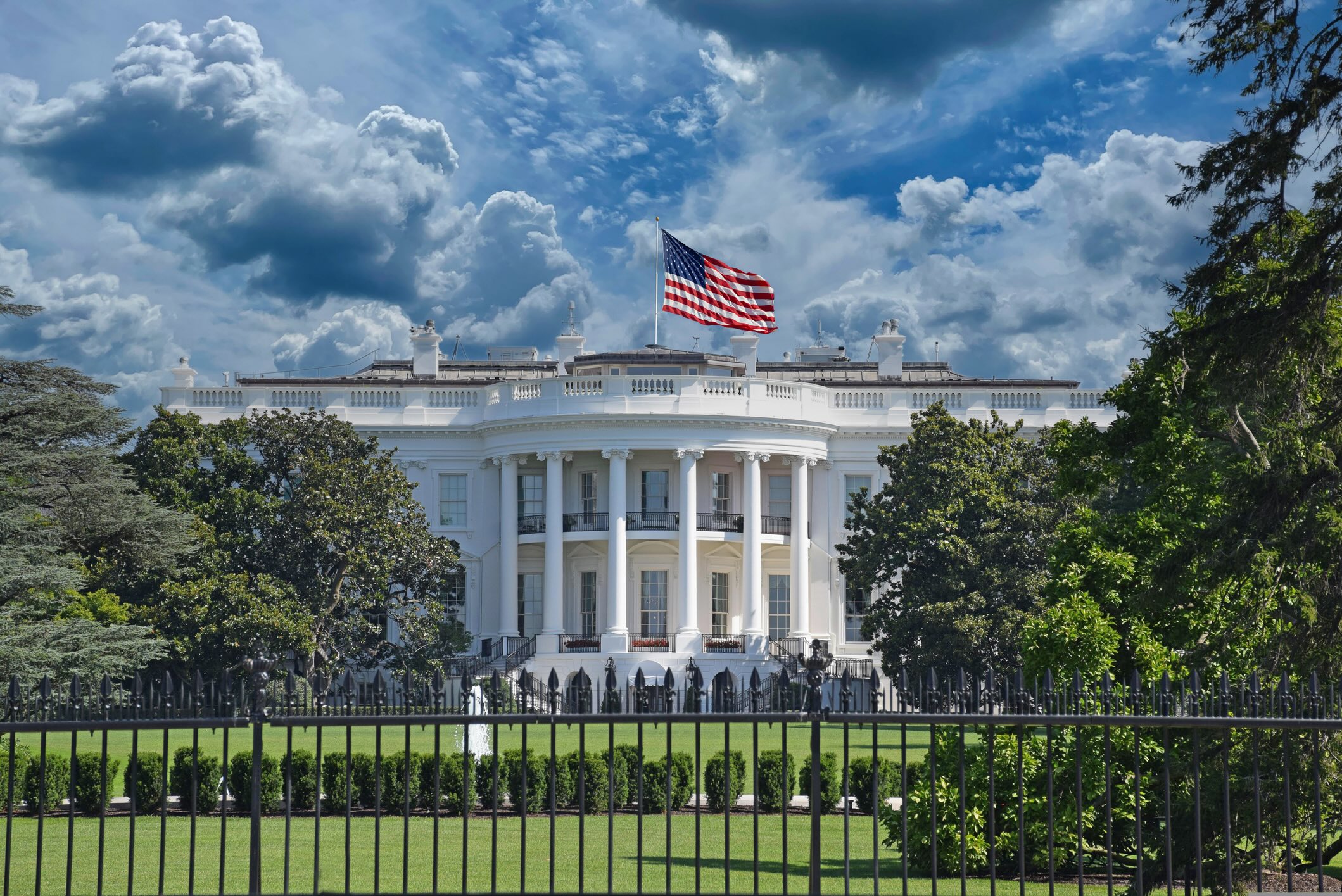U.S. State Attorneys General Ask Trump for Intervention on EU Sustainability Rules
Key Takeaways
- State AGs Push Back: More than 20 Republican attorneys general, led by Florida’s James Uthmeier and West Virginia’s John McCusky, urged President Trump to oppose the EU’s new corporate sustainability laws, arguing they threaten U.S. sovereignty and economic interests.
- Focus on EU Rules: The Corporate Sustainability Reporting Directive (CSRD) and Corporate Sustainability Due Diligence Directive (CSDDD) require companies to disclose environmental, social, and human rights data—rules the AGs say would burden U.S. firms with costly compliance and potential litigation.
- Business Groups Join In: The U.S. Chamber of Commerce, National Association of Manufacturers, and other trade groups echoed similar concerns, estimating the EU directives could cost American businesses over $1 trillion.
- Transatlantic Tensions: While the EU maintains the rules aim to promote responsible corporate behavior, the dispute highlights growing divisions between U.S. and EU approaches to ESG and sustainability governance.
Deep Dive
A coalition of Republican attorneys general from more than 20 U.S. states has urged President Donald Trump to oppose two major European Union sustainability laws, warning that the measures could impose heavy costs and legal risks on American companies.
In a letter dated September 23, 2025, and addressed to the White House, the attorneys general praised the administration’s rollback of diversity, equity, and inclusion (DEI) and environmental, social, and governance (ESG) programs, but said the EU’s new sustainability framework represents “European overreach” that would undermine those efforts.
The group, led by Florida Attorney General James Uthmeier and West Virginia Attorney General John McCusky, called on Trump to direct the U.S. Trade Representative to oppose the EU’s Corporate Sustainability Reporting Directive (CSRD) and Corporate Sustainability Due Diligence Directive (CSDDD), two laws that require companies operating in the bloc to disclose detailed environmental, social, and human rights information across their supply chains.
“These requirements are directly opposed to your administration’s priorities and to our country’s law,” the letter reads. “The corporate sustainability directive’s disclosure requirements are extensive and burdensome, diverting American companies’ time and energy away from investment, wage growth, and other valuable activities — all in the name of the radical green agenda.”
The attorneys general argue that the CSRD and CSDDD would not only raise compliance costs but also expose U.S. companies to litigation under domestic laws for information they are compelled to disclose under European rules. They contend that the EU measures, designed to encourage responsible business conduct, amount to foreign interference in U.S. economic and energy policy.
The CSRD, adopted by the EU in 2023, expands sustainability reporting obligations to thousands of large companies and non-EU firms with significant European operations. The CSDDD, approved in 2024, goes further, requiring companies to identify and mitigate potential human rights or environmental impacts across their value chains. Both directives are set to take effect over the next several years as member states transpose them into national law.
In their letter, the attorneys general compared the EU framework to climate disclosure rules previously proposed by the U.S. Securities and Exchange Commission under the Biden administration, rules that were challenged in court and later withdrawn. They warned that the EU’s approach could have similar effects on investment and job creation.
Following the September letter, a coalition of major U.S. business associations, including the U.S. Chamber of Commerce, National Association of Manufacturers, and American Council for Capital Formation, issued their own joint appeal to the administration. The groups said the EU’s directives would effectively subject U.S. companies to European law, calling it a “breach of sovereignty” that could cost American businesses more than $1 trillion in compliance and supply-chain expenses.
While the European Commission has pledged to ensure that the new rules do not “pose undue restrictions on transatlantic trade,” negotiations over the EU’s final legislative package continue. The European Parliament is scheduled to hold a key vote on the CSDDD in mid-November, after which EU institutions will begin formal talks to finalize the text.
For now, the attorneys general’s letter reveals growing friction between U.S. and EU approaches to corporate sustainability. It also highlights the Trump administration’s ongoing effort to align federal policy with states that have moved to restrict ESG-related investing and reporting at home.
Whether Washington decides to take a more confrontational stance toward Brussels will likely depend on the outcome of those EU negotiations and on how deeply U.S. companies become entangled in the bloc’s expanding sustainability regime.
The GRC Report is your premier destination for the latest in governance, risk, and compliance news. As your reliable source for comprehensive coverage, we ensure you stay informed and ready to navigate the dynamic landscape of GRC. Beyond being a news source, the GRC Report represents a thriving community of professionals who, like you, are dedicated to GRC excellence. Explore our insightful articles and breaking news, and actively participate in the conversation to enhance your GRC journey.
Sponsored by






.svg)

.svg)